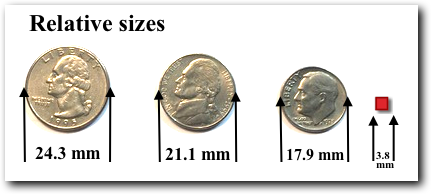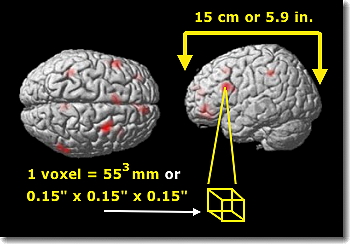![]() PSY 101 Psychology in General (Outline) [updated
20250829]
PSY 101 Psychology in General (Outline) [updated
20250829]
How well do you know psychology already?
Take 10-item True/False "Conceptions of Psychology" quiz which has questions taken from many different areas of psychology.
Score Quiz (Fr. Hevern will provide the right answers)
Discuss results and implications of quiz
Note some general notions in the history of psychology
- Modern psychology was born in the second half of the 19th century
- The founding of the first experimental lab by Wilhelm Wundt in 1879 at the University of Leipzig in Germany is often cited as the "birth" of psychology
- For the first half of the 20th century, there were a set of major competing "schools of thought"
- Between 1900 and 1939, Sigmund Freud argued that our unconscious is primarily responsible for what we do. And, so, he questioned whether we even have "free will".
- But, J. B. Watson, B. F. Skinner, and other "behaviorists" denied Freud's claim and said we should only look at external behaviors (not at the mind)
- After the 2nd World War, beginning in the 1950, the "Humanists" emerged to champion free will and the unique qualities of each human person
- As we moved to the last part of the 20th century, psychologists became more interested in how we think (cognitive psychology), the biological influences on behavior and on "evolutionary" forces that emerge from our genetic make-up as we interact with the environment.
|
What do psychologists do?
"Psychologists study cognitive, emotional, and social processes and behavior by observing, interpreting, and recording how people relate to one another and their environments."Median Pay (2024) median = half higher, half lower
Types of Psychologists
- Clinical Psychologists
- Counseling Psychologists
- Developmental Psychologists
- Forensic Psychologists
- Industrial-Organizational Psychologists [Organizational Behavior Psychologists]
- School Psychologists
- Social Psychologists
- Psychologists also become university, college, and high school teachers
- $94,310 per year (in 2019 = $80,370 per year; in 2021 $81,040 per year)
- $45.34 per hour (in 2019 - $38.64 per hour; in 2021 $38.96 per hour)
Number of Jobs in U.S. 2023 = 207,500 (was 178,900 in 2020)
Job Outlook for 2023 to 2033 = 7% growth (about average) = 14,000 jobs/year
Work Environments
Some psychologists work independently, conducting research, consulting with clients, or working with patients. Others work as part of a healthcare team, collaborating with physicians and social workers or in school settings, working with students, teachers, parents, and other educators. Those in private practice often work evenings and weekends to accommodate clients.
How to Become A Psychologist
Although psychologists typically need a doctoral degree in psychology, a master’s degree is sufficient for some positions. Psychologists in independent practice also need a license.
What primary jobs do people hold with different degrees in psychology?
Seven Unifying Themes in our Psychology Textbook (pp. 18-22)
Psychology as a Field of Study
- Is there such a thing as Extrasensory Perception (ESP)?
- Why don't psychologists believe that ESP exists?
- Psychologists are skeptical and want to see evidence
- Extraordinary claims require extraordinary evidence
- Multiple theories in psychology ("theory" = system of interrelated ideas to explain a set of observations)
- The need for multiple theories probably rests on the extraordinary complexity of what psychology seeks to explain
- Biology, chemistry, and physics generally deal with either non-life forms or life forms which have far less complex nervous systems than humans.
- Human beings as the single most complex reality in the universe other than the universe itself
- Brain contains almost 1010 neurons (ca. 86,000,000,000, i.e., 86 billion) and 1014 (100 trillion) connections & >3,000 different types of neurons.


- 55 cubic millimeters (3.8 mm on a side) of brain tissue contains about 5.5 million neurons, 22 to 55 billion synapses, 22 kilometers of dendrites and 220 kilometers of axons
- Psychology both reflects its own cultural background and shapes that background
- Reflects: Freud's ideas on sexuality stemming from sexual repression of Victorian Era
- Shapes: Scientific testing of intelligence, abilities, achievement & personality fill schools, businesses, & health care
- Our own desire to improve educational progress of children will prompt us to seek ways of helping them.
Visual illusions (Michael Bach, Universitäts-Augenklinik Freiburg)
- No. 1 Shepard’s “Terror Subterra”
- No. 2 Escher's Waterfall: Original Image + mcwolles' video (YouTube)
- No. 3 Freezing Rotation Illusion